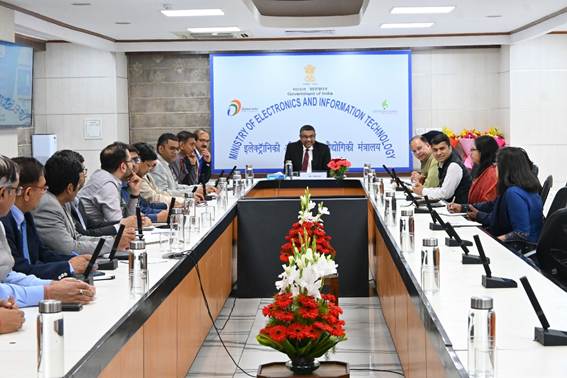Prime Minister Narendra Modi praised the Union Cabinet’s approval of the National Mission on Edible Oils—Oilseeds (NMEO-Oilseeds), calling it a crucial step towards achieving Atmanirbharta in the production of edible oils.
In a post on X, PM Modi emphasized that the mission will boost domestic oilseed production, support farmers, and promote sustainable agricultural practices. “The Cabinet’s approval for the National Mission on Edible Oils—Oilseeds (NMEO-Oilseeds) is a major step towards Atmanirbharta. This mission will boost domestic oilseed production, support hardworking farmers, and encourage sustainable agricultural practices,” the Prime Minister wrote.
The NMEO-Oilseeds, approved by the Union Cabinet on Thursday, aims to significantly increase oilseed production and reduce India’s dependence on imports. The mission will be implemented over a seven-year period, from 2024-25 to 2030-31, with a financial outlay of Rs 10,103 crore, according to an official statement.
The mission will focus on key oilseed crops, including rapeseed-mustard, groundnut, soybean, sunflower, and sesame, and will improve collection and extraction efficiency from secondary sources like cottonseed, rice bran, and tree-borne oils. The goal is to raise primary oilseed production from 39 million tonnes (in 2022-23) to 69.7 million tonnes by 2030-31.
Alongside the National Mission on Edible Oils—Oil Palm (NMEO-OP), the NMEO-Oilseeds initiative targets increasing domestic edible oil production to 25.45 million tonnes by 2030-31, meeting approximately 72% of the projected domestic demand.
The mission will promote the adoption of high-yield, high-oil-content seed varieties, extend cultivation into fallow areas, and promote intercropping. The government aims to expand oilseed cultivation by an additional 40 lakh hectares through these methods.
To support the mission’s goals, the “Seed Authentication, Traceability & Holistic Inventory (SATHI)” Portal will be introduced, offering states the ability to collaborate with seed-producing agencies in advance. Additionally, 65 new seed hubs and 50 seed storage units will be developed to improve seed production infrastructure.
Farmers will also benefit from the creation of over 600 value chain clusters across 347 districts, covering 10 lakh hectares annually. These clusters, managed by cooperatives, FPOs, and public-private partnerships, will offer high-quality seeds and training on sustainable farming practices.
The mission will also expand the oilseed value chain by encouraging post-harvest infrastructure development and recovery enhancement from sources like cottonseed, rice bran, and corn oil.
The Indian government has already taken steps to protect domestic producers and encourage local cultivation, including the imposition of a 20% import duty on edible oils and a significant increase in the Minimum Support Price (MSP) for oilseeds. The Pradhan Mantri Annadata Aay Sanrakshan Abhiyan (PM-AASHA) will also ensure that oilseed farmers receive MSP through price support and price deficiency schemes.
(Inputs from ANI)




















